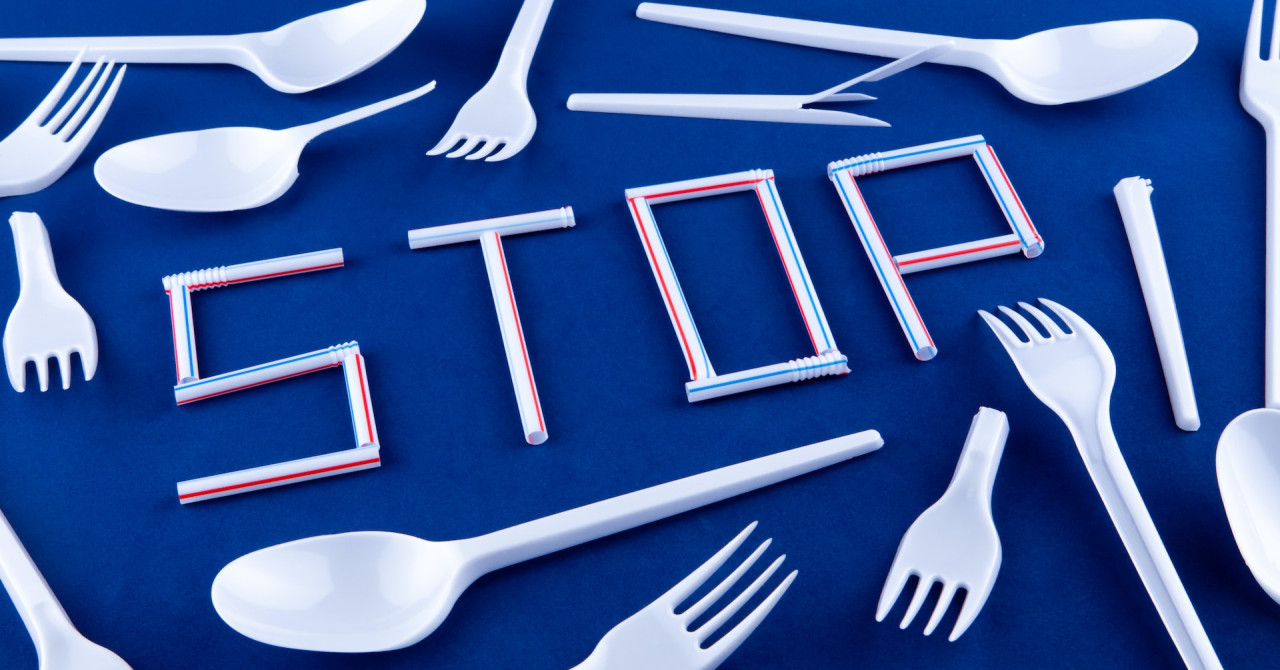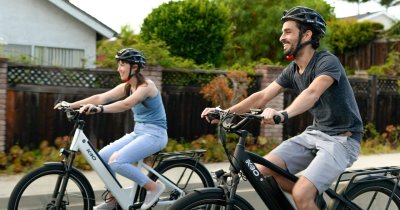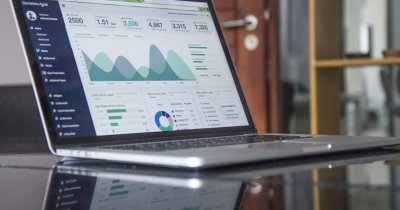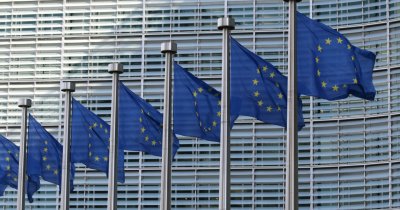As per BBC, the statistics of the World Bank show that in 2020 alone there were 2.24 billion tons of solid waste generated globally, with the quantity possibly reaching 3.88 billion by mid-century.
Mikela Druckman, founder of Greyparrot, a UK start-up that developed an AI system designed to analyze waste streams at processing and recycling facilities, said that "in a single day you will have literally mountains of waste in one facility coming through, and what's very shocking and surprising is that it never stops."
With cameras placed over conveyor belts at some 50 sorting and recycling sites in Europe, Greyparrot uses machine learning to analyze the waste streams that pass through in real time. Still, computer algorithms can only help so much, as waste tends to lose its initial form once it gets into the rubbish carousel.
"A product like a Coke bottle, once it goes into the bin, will be crumpled, crushed and dirty, and makes the problem much more complex from an AI standpoint", Mikela explained.
Cameras installed by Greyparrot surveil and look at around 32 billion objects every year and the company developed a digital map to help the system better understand what it sees. The managers of the waste facilities can share the information they obtained to help other recyclers or sorters out there.
Troy Swope's Footprint is another company that works with various companies and supermarket chains in the hopes of developing more sustainable packaging alternatives. He worked even with Gillette to replace the plastic razor trays with a plant-based model.
"The only way out of the plastics crisis is to stop depending on it in the first place", Troy said.
To keep track of which plastic waste is actually recycled, there are companies such as UK-based Polytag, which will mark the label of the plastic bottles that come in for recycling at a specialized center. Polytag's customers can access the data shortly after that, when it gets uploaded in the database.
Polytag's project manager Rosa Knox-Bradley explained that "they can see exactly how many bottles are being recycled, which is something these brands never had access to before."
Electronic cigarettes or vapes, especially single-use ones, are also a big issue as far as experts are concerned, as those begin to add up in landfills. Thus, every week in the UK alone there are around 1.3 million vapes being thrown away. Yearly, that adds up to about 10 tons of wasted lithium, which could be used to power 1.200 EV batteries.
"The way we get these critical raw materials like lithium is from deep mines - not the easiest places to get to. So, once we've got it out, we need to make the most of it", said Ray Parmenter, head of policy and technical at the Chartered Institute of Waste Management.
The consensus for many is that, by consuming less or the amount that we actually need, we can all make a change for the better in the environment and in the economy, as well.
 Mihai - Cristian Ioniță
Mihai - Cristian Ioniță












Any thoughts?